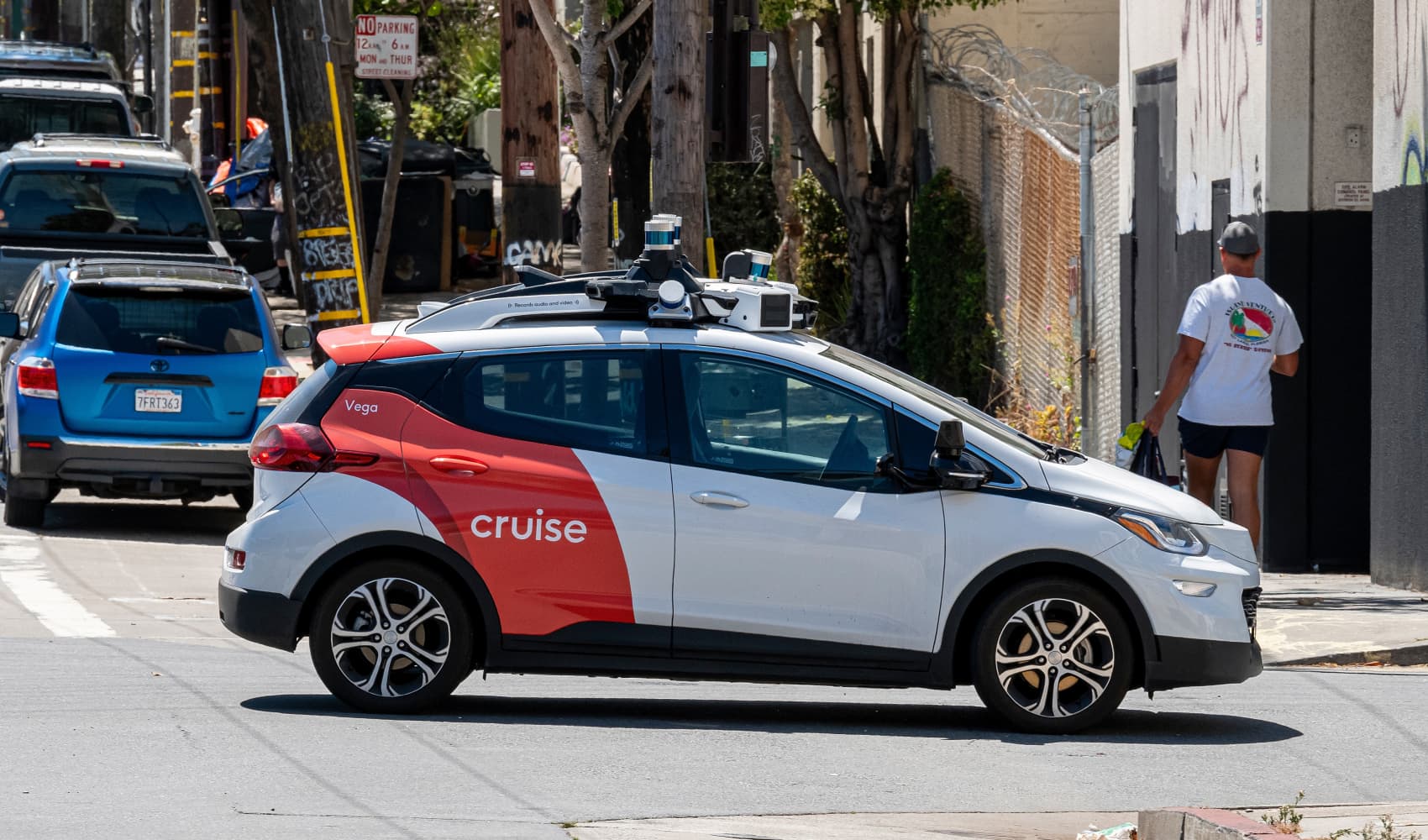
Starting a business can cost a lot of money, and outsized expenses can easily sink your new venture. How much you have to spend can depend on where you set up shop.
And if you expect a coastal state to top a list of most expensive places in the U.S. to start a business, you're in for a surprise: Minnesota is the costliest state for new entrepreneurs, according to a new ranking from online small business advisor SimplifyLLC.
Minnesota has one of the country's highest corporate income tax rates, at 9.8%. It also has relatively high labor costs, the ranking notes: Last year, Minnesotans' average annual wage was $60,598, according to the U.S. Bureau of Labor Statistics.
Together, those factors contribute to a high cost of doing business in the state — but it's definitely not the only expensive place to pursue your startup dreams. Here are the nine priciest U.S. states for starting a small business, according to SimplifyLLC's ranking:
Get top local stories in Philly delivered to you every morning. >Sign up for NBC Philadelphia's News Headlines newsletter.
- Minnesota
- New York
- Louisiana
- Alabama
- Alaska
- Wisconsin
- West Virginia
- Nebraska
- Kansas
It's not all bad news for Minnesota: The state has a large labor force from which business owners hire, ranking first among all states with a labor force participation rate of 81.6%, based on U.S. Census Bureau data.
New York can celebrate, too: It's not No. 1 on the list, despite its perennially high cost of living. However, it's still a pricey place to start a business.
Money Report
Workers in the Empire State have the fifth-highest average annual income in the country at more than $62,000, and the state has the sixth-highest average monthly commercial electric bill, at more than $806.
Louisiana, the ranking's third-most expensive state, has the least amount of commercial space available per 100,000 people of any state.
It also has a relative dearth of available talent: Louisiana is bottom three among all U.S. states in terms of labor force participation rate, at 69.2%, and only 26.4% of its post-college-age workers have at least a bachelor's degree.
And the state's business environment appears to leave something to be desired. Its business survival rate of 0.54 is the country's fifth-worst, according to 2021 data from the U.S. Bureau of Labor Statistics. In other words, only slightly more companies launched than shuttered in Louisiana that year, the most recent with data available.
SimplifyLLC calculated its ranking using data from the Census Bureau, the Bureau of Labor Statistics and the Tax Foundation to rate the country's 50 states in nine categories:
- Corporate income tax rates
- Business filing fees
- Average annual income
- Labor force participation rate
- Percentage of adults over the age of 25 with at least a bachelor's degree
- Average monthly commercial electric bills
- Available commercial real estate
- Amount of small-business lending per capita
- Business survival rates
It's fairly clear how categories like utility bills, taxes and startup fees weigh on a business' expenses. Something like labor force participation rate may be less obvious: Having a large population of eligible workers at your disposal can save you time and money when recruiting new employees.
You probably need to consider other expenses not covered in this ranking, too — like small-business insurance or the actual cost of leasing commercial space, both of which can also vary by state.
"What's true in one state isn't true in another, and all things being equal, some states give entrepreneurs an advantage by making it a bit more affordable to set up shop," SimplifyLLC noted.
DON'T MISS: Want to be smarter and more successful with your money, work & life? Sign up for our new newsletter!
Check out:
- These are the 5 best—and worst—states for women-owned businesses in America
- These are the best and worst states to live in for millennials






